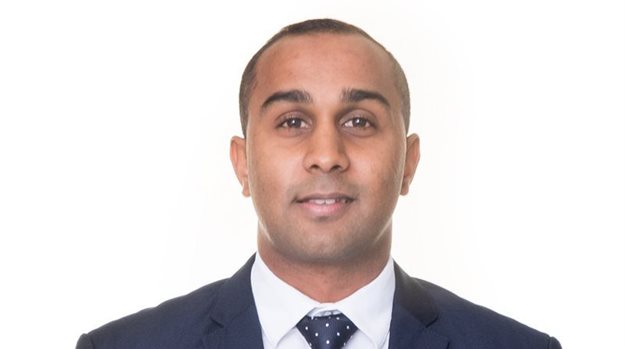
Top stories



Marketing & MediaWarner Bros. was “nice to have” but not at any price, says Netflix
Karabo Ledwaba 1 day


Logistics & TransportMaersk reroutes sailings around Africa amid Red Sea constraints
Louise Rasmussen 16 hours

More news


















My colleague, Natasha Naidoo and I discussed patient record keeping and HPCSA complaints.
Patient record keeping is about employing methodologies and techniques that will aid in mitigating risks. Helpful tips are:
HPCSA complaints create significant risks for medical professionals. Some of the risks include:
All HPCSA complaints are based on alleged unprofessional conduct which is defined in the Health Professionals Act of 1974, as
improper or disgraceful or dishonourable or unworthy conduct, which when regard is had to the profession of a person who is registered in terms of the Act, is improper or disgraceful or dishonourable or unworthy.The definition is non-prescriptive and is a catch-all for any form of conduct that would, in the opinion of the registrar, be unethical. The Ethical Rules of Conduct are used to determine the various types of unprofessional conduct. Medical professionals may use the Ethical Guidelines Booklets to obtain guidance and direction for the course of action in concrete situations. The Regulations Relating to Fines stipulate the fines that may be imposed on medical professionals for specific kinds of conduct.
Medical professionals who are found guilty or admit guilt for unprofessional conduct may be fined. The fines range from R1,000 for supersession to R70,000 for negligence or fraud. The most severe penalties that the HPCSA can impose are:
Medical professionals may defend HPCSA complaints by providing an explanation in writing to the HPCSA. However, these explanations can be used as evidence against the medical professional and should be drafted by an attorney.
On the 14 September 2019, a similar medico-legal symposium will be held at Norton Rose Fulbright’s offices, in Johannesburg, for the Gauteng Department of Health.